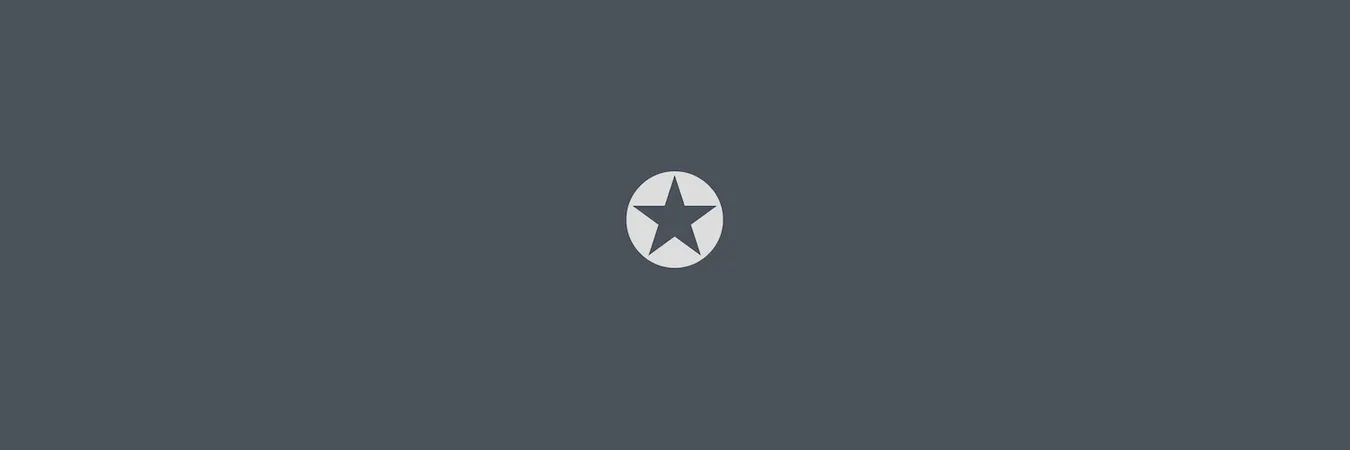
Apple's 'Liquid Glass' Interface Unveiled: A Stunning Visual Shift Amid AI Concerns
2025-06-08
Author: Jia
The Buzz Surrounding 'Liquid Glass' Interface
Mark Gurman has teased the highly anticipated 'Liquid Glass' interface as the highlight of this year’s WWDC. But while this promises to be a visual feast, it raises significant questions about Apple’s position in the rapidly evolving world of artificial intelligence.
A Beautiful Surface, Serious Underlying Issues
The 'Liquid Glass' interface is expected to enhance Apple’s sleek operating systems. However, Gurman cautions that this may mask a troubling truth: Apple is lagging behind competitors in AI technology. While others push ahead with groundbreaking AI advancements, Apple seems focused on refining its existing offerings.
The Dynamic Island: A Step Towards Fluidity
Apple’s journey towards a more fluid user experience began with the introduction of Dynamic Island—a feature that doesn’t just change shape but flows with an appealing dynamism. This innovation hints at Apple’s desire to create a more adaptive and aesthetically pleasing interface.
The Flawed Car Analogy: A Comparison of Tech Giants
Gurman’s analogy compares Apple to the automotive industry, suggesting that while Apple excels at producing top-notch ‘gas cars’ (its operating systems), it’s struggling to create fully ‘electric’ alternatives like those from competitors such as OpenAI and Google. However, this analogy falters; switching from gas to electric doesn't require the same kind of transition that AI platforms demand from users. Current AI tools still rely on traditional devices to function, making the analogy inadequate at best.
A Rapidly Accelerating Landscape
The urgency for Apple is real. The landscape of AI is evolving much faster than web technologies did in the 1990s. Microsoft quickly adapted to the rise of web browsers by developing Internet Explorer, ensuring it didn’t lose its dominance. If Apple takes too long to establish its AI infrastructure akin to Safari for web browsing, it risks falling significantly behind.
The Need for AI Ownership and Control
Apple’s Cook Doctrine stresses the importance of owning the essential technologies behind its products. With AI becoming increasingly vital, the company must ensure it isn’t overly dependent on external partners for AI capabilities, much like the dependency on third-party browsers in the past. Apples' current relationship with OpenAI reflects an ongoing strategy, which might not be sustainable long-term.
Revenue Strategies in the AI Ecosystem
Apple's negotiations suggest a shift towards revenue-sharing models with AI partners, recalling similar agreements it has with Google for web search. While browsers may not generate direct revenue, they’re pivotal for platform dominance—making the case for Apple to establish robust AI solutions of its own.
The AI Dilemma: An Uncertain Future
As the implications of LLMs (Large Language Models) unfold, it’s unclear whether they will operate more like browsers—critical to personal computing—or like cloud-based search technologies that can be monetized differently. If Apple takes too long to launch its own competitive AI models, it could find itself paying to utilize others’ technologies rather than profiting from them.
'Liquid Glass': A Cool New Name with Hefty Implications
In any case, while 'Liquid Glass' sounds like an exciting development, its true significance will depend on how well Apple navigates the complex waters of artificial intelligence. The stakes are high, and the clock is ticking.



 Brasil (PT)
Brasil (PT)
 Canada (EN)
Canada (EN)
 Chile (ES)
Chile (ES)
 Česko (CS)
Česko (CS)
 대한민국 (KO)
대한민국 (KO)
 España (ES)
España (ES)
 France (FR)
France (FR)
 Hong Kong (EN)
Hong Kong (EN)
 Italia (IT)
Italia (IT)
 日本 (JA)
日本 (JA)
 Magyarország (HU)
Magyarország (HU)
 Norge (NO)
Norge (NO)
 Polska (PL)
Polska (PL)
 Schweiz (DE)
Schweiz (DE)
 Singapore (EN)
Singapore (EN)
 Sverige (SV)
Sverige (SV)
 Suomi (FI)
Suomi (FI)
 Türkiye (TR)
Türkiye (TR)
 الإمارات العربية المتحدة (AR)
الإمارات العربية المتحدة (AR)